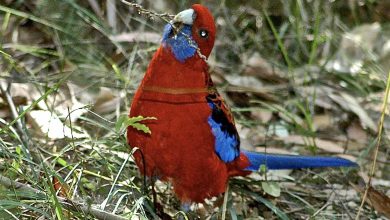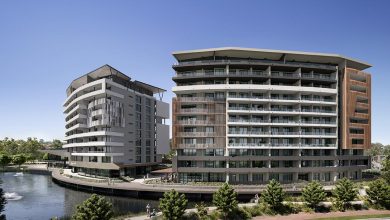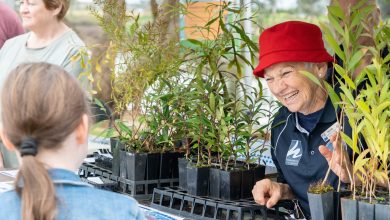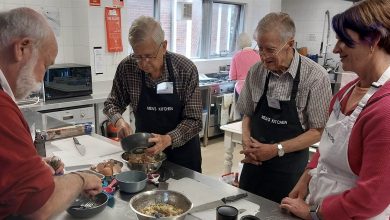World Renowned Cancer Care Expertise
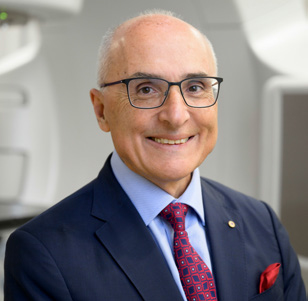
Prof Boyages has published over 200 clinical research articles in leading publications investigating breast cancer and lymphoedema. He is the author of four books on the topics.
In 2017, he was awarded an Order of Australia (AM) for significant service to medicine in the specialty of radiation oncology as a clinician, to medical education, to professional organisations and to people with breast cancer.
WHY DID YOU DECIDE TO BECOME A RADIATION ONCOLOGIST?
In my second term as an intern, I was allocated to a radiation oncology rotation. I always wanted to become a physician but I really liked working with cancer patients and being able to support them through their complex journey. Back then, people thought I was mad becoming a radiation oncologist and I was told I was too young to sub-specialise in breast cancer after my training in 1999.
WHY DID YOU DECIDE TO SPECIALISE IN BREAST CANCER AND LYMPHOEDEMA CARE AND RESEARCH?
My head of department, Professor Allan Langlands, was one of Australia’s leading breast cancer experts in the 1980s. I really liked working and supporting patients with breast cancer and he encouraged me to do research. After my training, I was invited to do a prestigious fellowship at Harvard University and worked with Professor Jay Harris at the Dana Farber Cancer Institute, one of the world’s leading breast cancer experts. I saw the way breast cancer teams worked together and then introduced this new model of care at Westmead Hospital and elsewhere. In 1995, I established the NSW (now Westmead) Breast Cancer Institute and helped establish screening programs right across the west of Sydney. I also convinced Myer stores to build four digital mammography units for BreastScreen NSW in the lingerie departments of four of their stores in the west of Sydney.
WHAT IS THE MOST REWARDING PART OF YOUR JOB?
I really like helping patients by explaining their disease and the treatments in plain language. Giving patients hope is very important and I like to do that by avoiding scary language. I have written three books on breast cancer, one on vaccinations after cancer and I am currently writing a book on lymphoedema.
WHAT HAVE BEEN THE BIGGEST CHANGES IN THE CANCER CARE SINCE YOU HAVE STARTED?
Our radiation treatments have become very precise. Initiatives such as deep inspiration breath hold and Volumetric Modulated Arc Therapy have meant we can deliver radiation more precisely with less damage to the surrounding tissues. The number of treatments has reduced from six weeks down to three weeks and we are also treating some patients with five treatments of radiation therapy.
WHAT ARE YOUR INTERESTS OUTSIDE OF WORK?
I enjoy spending time with my wife, family and five grandchildren. I enjoy a morning walk but I always need to have a coffee afterwards. I like spending time on the Central Coast and enjoy a morning swim, bushwalking, reading and writing. I like listening to David Bowie, Deep Purple, Elton John, Billy Joel and Emu Music.
WHAT IS LYMPHOEDEMA?
Lymphoedema is the swelling of a limb and/or parts of the body caused by the lymphatic system not functioning properly and becoming compromised. The lymphatic system plays an important role in the body’s defence against infection by filtering and removing bacteria. The swelling can occur when the normal process of lymph drainage doesn’t work properly. Early signs and symptoms of lymphoedema include an unexplained swelling, which increases over time, or you may feel heaviness or dull ache and discomfort in your arm, chest or breast. If left untreated, it can lead to loss of function and the skin becoming prone to infection.
WHAT CAUSES LYMPHOEDEMA AFTER BREAST CANCER?
Secondary lymphoedema following breast cancer can result from damage to the lymphatic vessels and/or lymph nodes. This can be caused by surgery, trauma, lymph node removal and radiation therapy to the lymph node regions. The earlier lymphoedema is detected, the better it can be managed to prevent its development. March is Lymphoedema Awareness Month and Icon Cancer Centre teams are spreading the word about the importance of early detection and management of lymphoedema.
For more information, visit iconcancercentre.com.au/treatment/lymphoedema


